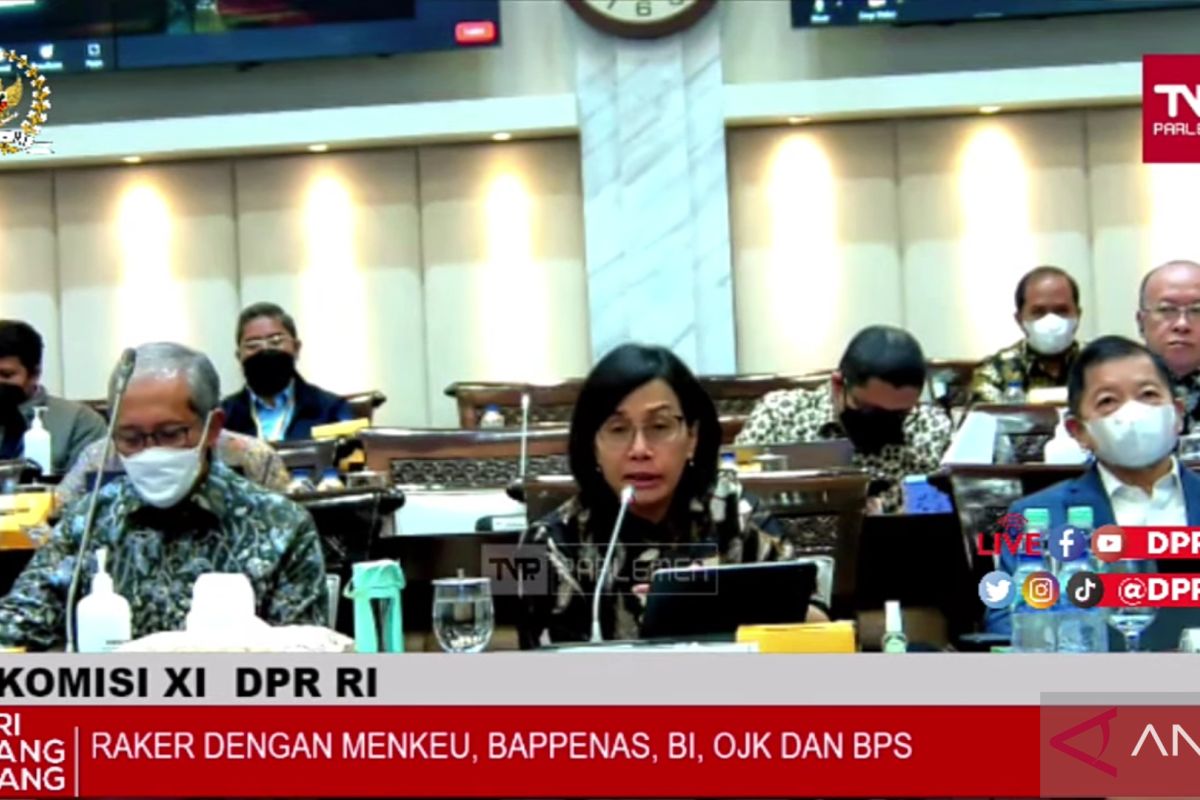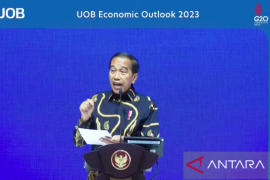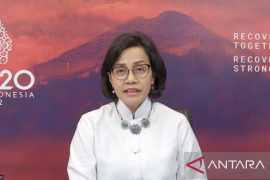This was owing to the fact that the spike in inflation rate in several countries was caused by production or supply not being able to meet the increasing demand, and stricter policies would only address the demand aspect, she explained.
"If macro policies, namely fiscal and monetary policies, are (growing way too) rapidly or too strictly, (it will) affect the demand (aspect) more, (while) not actually addressing the supply problem," Indrawati remarked at a meeting with Commission XI at the House of Representatives Building here on Wednesday.
The minister stated that the supply of leading commodities, such as crude oil, gas, coal, wheat, and corn, was held back due to the Russia-Ukraine war and the COVID-19 pandemic.
"Hence, the current world inflation, contributed by the production or supply (aspect), is more dominant than the contribution from the demand (aspect) either due to the war or pandemic," Indrawati remarked.
Related news: BPS records inflation of 0.4 percent in May 2022
She pointed out that the inflation would always be chiefly discussed during international forums, including in the G20, until the following year.
The topic was also discussed at the Islamic Development Bank (IsDB) meeting that involved a discussion on how swiftly and stringently the monetary policies need to be applied by central banks to address inflation.
According to the minister, should the policies be too rapid or too strict, the global economy would grow weak.
Indrawati noted that at the IsDB meeting, she had spoken to several other finance ministers about inflation.
Turkish Finance Minister Nureddin Nubeti stated that the annual inflation rate in his country had hit 74 percent, as energy sources, such as fuel and gas, were not subsidized by the state.
Moreover, the finance minister of Egypt drew attention to the impact of rising wheat and oil prices due to which he decided to provide subsidies in energy to its citizens. As a result, Egypt experienced the worse budget deficit than Indonesia.
"What is ongoing is that indeed, the world's economic recovery is in progress, yet it is happening concurrently with the increase in commodity prices, which have skyrocketed, especially since February when the attack on Ukraine by Russia took place," she added.
Related news: Price stabilization policy to keep inflation in check: ministry
Related news: Quite realistic assumption of 2023 inflation of 2-4 percent: Minister
Translator: Sanya D S, Mecca Yumna
Editor: Suharto
Copyright © ANTARA 2022












